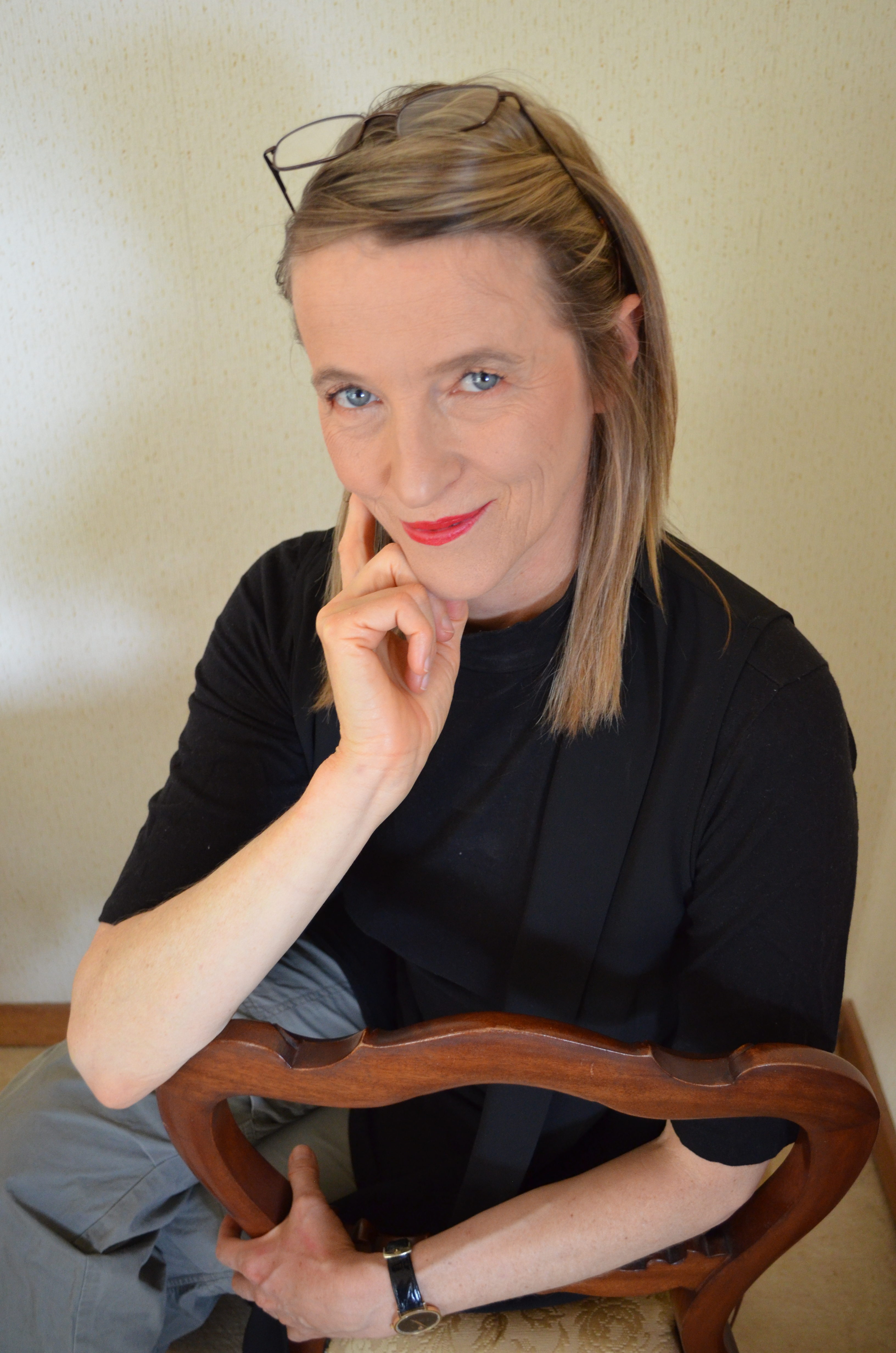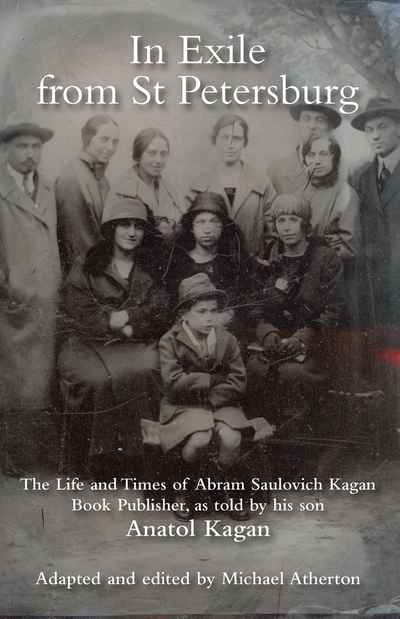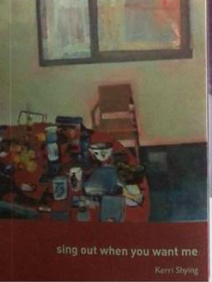 Broken Ground is a wonderful collection, deeply rooted in the natural world: in stone, eucalypt, “mounds of spinifex”, and above all, in an exploration of how life is created though language, recollection, in the precision of our natural world, and above all in the connections that we build over the short space of our lives.
Broken Ground is a wonderful collection, deeply rooted in the natural world: in stone, eucalypt, “mounds of spinifex”, and above all, in an exploration of how life is created though language, recollection, in the precision of our natural world, and above all in the connections that we build over the short space of our lives.
Author:
A conversation with Justine Ettler
 Justine Ettler burst onto the literary scene with her novel, The River Ophelia, in 1995. A debut that divided critics, it nevertheless went on to sell an almost unheard of 50,000 copies, propelling Ettler to the forefront of the Australian literary scene virtually overnight. Since then, her second novel, Marilyn’s Almost Terminal New York Adventure, was released to near universal acclaim. After which Ettler continued to net prestigious titles and awards, including being selected as one of the six Australian authors for the New Images Winter Tour, embarking on an extended journey of the United Kingdom that concluded with her living in the country until 2007. Bohemia Beach is her hugely anticipated new novel, now available with Transit Lounge.
Justine Ettler burst onto the literary scene with her novel, The River Ophelia, in 1995. A debut that divided critics, it nevertheless went on to sell an almost unheard of 50,000 copies, propelling Ettler to the forefront of the Australian literary scene virtually overnight. Since then, her second novel, Marilyn’s Almost Terminal New York Adventure, was released to near universal acclaim. After which Ettler continued to net prestigious titles and awards, including being selected as one of the six Australian authors for the New Images Winter Tour, embarking on an extended journey of the United Kingdom that concluded with her living in the country until 2007. Bohemia Beach is her hugely anticipated new novel, now available with Transit Lounge.
A review of Black Queen White City by Sonya Kudei
 Trams. Cats. Circles. We are immediately alerted by these allusions to Bulgakov’s Master and Margarita (1966) that we should expect the unexpected in Black Queen White City, an ambitious novel that aspires to paint its own universe (no less) by means of framing devices, parallel worlds and an eccentric cast of characters that includes the white city of Zagreb itself, where the author was born.
Trams. Cats. Circles. We are immediately alerted by these allusions to Bulgakov’s Master and Margarita (1966) that we should expect the unexpected in Black Queen White City, an ambitious novel that aspires to paint its own universe (no less) by means of framing devices, parallel worlds and an eccentric cast of characters that includes the white city of Zagreb itself, where the author was born.

We have a copy of A People’s History of the Vampire Uprising by Raymond A Villareal to giveaway.
To win, sign up for our Free Newsletter on the right hand side of the site and enter via the newsletter. Winner will be chosen by the first of August from subscribers who enter via the newsletter.
A Review of In Exile from St Petersburg adapted and edited by Michael Atherton
 In Exile from Petersburg takes you right into the life of a high calibre intellectual named Abram Saulovich Kagan and is set within the turbulent times of early 20th century Europe. His son Anatol Abramovich Kagan contributed to this informative biographical account, he also happened to be the father-in-law of the book’s editor, Michael Atherton. This book is well presented in an easy to read and informative style.
In Exile from Petersburg takes you right into the life of a high calibre intellectual named Abram Saulovich Kagan and is set within the turbulent times of early 20th century Europe. His son Anatol Abramovich Kagan contributed to this informative biographical account, he also happened to be the father-in-law of the book’s editor, Michael Atherton. This book is well presented in an easy to read and informative style.
Jill Jones on Brink
Jill Jones joins us to read several poems from and talk about her latest poetry book Brink. We discuss some of the key themes in the book (what does it mean to be on the ‘brink’), the changing face of…
A review of Waiting for You at Midnight by Vicki Salloum
 Salloum bravely brings the reader into her fictional psychological and experienced discomfort zone. We follow Arabella into crowded AA meetings, observing frightening declarations, addiction denials and relationship failures. We watch as her broken heart bleeds, and all the while continually hope and pray for Arabella’s redemption.
Salloum bravely brings the reader into her fictional psychological and experienced discomfort zone. We follow Arabella into crowded AA meetings, observing frightening declarations, addiction denials and relationship failures. We watch as her broken heart bleeds, and all the while continually hope and pray for Arabella’s redemption.
A review of Rail by Kai Carlson-Wee
 Kai Carlson-Wee’s debut book Rail embarks on a never-ending journey that montages places in his life, from a freight train to apartments to highways to skate parks to the rolling hills of the prairie to a dumpster. At the heart of the narrative, Carlson-Wee discusses life on the road, spiritual poverty, addiction, liminal spaces, and the erasure of America’s past.
Kai Carlson-Wee’s debut book Rail embarks on a never-ending journey that montages places in his life, from a freight train to apartments to highways to skate parks to the rolling hills of the prairie to a dumpster. At the heart of the narrative, Carlson-Wee discusses life on the road, spiritual poverty, addiction, liminal spaces, and the erasure of America’s past.
A review of The Things We Can’t Undo by Gabrielle Reid
 Reid’s informative depiction of one such episode should become essential reading within the national high school curriculum and would also provide a great foundation for supervised classroom discussion groups exploring these issues and the consequences of such actions.
Reid’s informative depiction of one such episode should become essential reading within the national high school curriculum and would also provide a great foundation for supervised classroom discussion groups exploring these issues and the consequences of such actions.
A review of sing out when you want me by Kerri Shying
 sing out when you want me is a powerful collection which reads easily but continues to reveal secrets and expand outward with each re-reading. The mostly short poems stay with you, becoming little charms against all of our inevitable deteriorations. It is all about “keeping going” which, in the face of pain, poverty, confinement, medical visits, the poking and prodding of life itself, becomes a heroic, transcendent act
sing out when you want me is a powerful collection which reads easily but continues to reveal secrets and expand outward with each re-reading. The mostly short poems stay with you, becoming little charms against all of our inevitable deteriorations. It is all about “keeping going” which, in the face of pain, poverty, confinement, medical visits, the poking and prodding of life itself, becomes a heroic, transcendent act